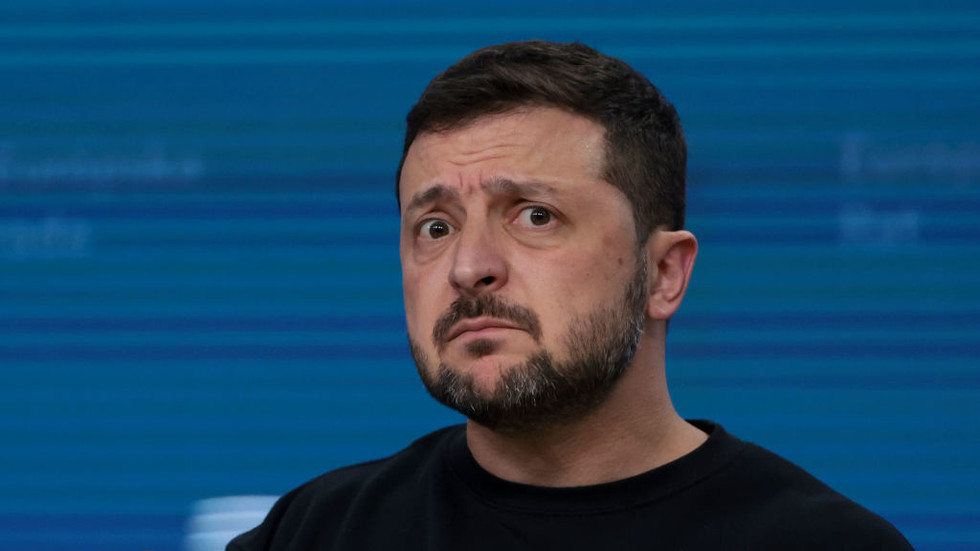Ukrainian President Volodymyr Zelensky’s absence from the upcoming inauguration of U.S. President-elect Donald Trump has sparked discussions around international diplomatic relations and the ongoing crisis in Ukraine. Trump, who recently won the presidential election against Democratic rival Kamala Harris, made headlines during his first press conference since the election by revealing he did not formally invite Zelensky to the ceremony scheduled for January 20 at the Capitol in Washington, D.C. However, he did mention that if Zelensky wished to attend, he would be welcomed. This potential invitation follows a recent meeting between Trump, Zelensky, and French President Emmanuel Macron, focused on the escalating tensions between Ukraine and Russia.
During the press conference, reporters inquired about the situation between Russia and Ukraine, highlighting Trump’s previous reluctance to engage with Zelensky. Nevertheless, Trump expressed a desire to see a resolution to the conflict and emphasized his administration’s commitment to broker peace talks. His approach stands in contrast to what he perceives as the current U.S. administration’s failures regarding the Ukraine situation. Trump has made claims that had he been in office during the onset of tensions, hostilities would never have occurred, showcasing his ongoing criticism of President Joe Biden’s foreign policy.
In addition to insights about Zelensky’s invitation, reports suggest that Trump’s team is keen on establishing a truce between Ukraine and Russia. This proactive stance could pave the way for future peace negotiations, indicating a potential shift in diplomatic relations under Trump’s leadership. Trump’s assertions and plans align with his broader agenda of challenging Biden’s administration on various fronts, particularly foreign affairs where he believes his methods may yield better outcomes.
Furthermore, Trump’s inauguration will see notable figures in attendance, including invitations sent to foreign leaders such as Chinese President Xi Jinping, although it remains uncertain if he will accept. Routine diplomatic attendance at such events typically includes ambassadors and other officials, which means China’s ambassador and spouse are likely to be present, according to standard protocol. This follows the tradition of world leaders being invited, although historical records indicate that no foreign leader has previously attended the transfer-of-power ceremony, making this event particularly unique.
Among the leaders reported to have received invitations are Argentina’s President Javier Milei, Italy’s Prime Minister Giorgia Meloni, and El Salvador’s President Nayib Bukele. These invitations reflect Trump’s interest in fostering international relationships with various nations right from the inception of his presidency. Meanwhile, responses from other quarters indicate that Russia, represented by presidential spokesman Dmitry Peskov, did not receive an official invitation, reflecting the complex geopolitical dynamics at play.
In summary, President-elect Trump’s decisions regarding invitations for the inauguration illuminate the intricate web of international relations and highlight his administration’s contrasting approach to handling diplomatic issues. His engagement with figures like Zelensky signals an active interest in resolving conflicts in Eastern Europe, while the presence of other foreign leaders could set a precedent for future U.S. diplomatic endeavors. Trump’s vocal critique of the current administration’s handling of foreign policy juxtaposes his desire for a more direct involvement in geopolitical matters, particularly with regard to the ongoing conflict between Ukraine and Russia.

